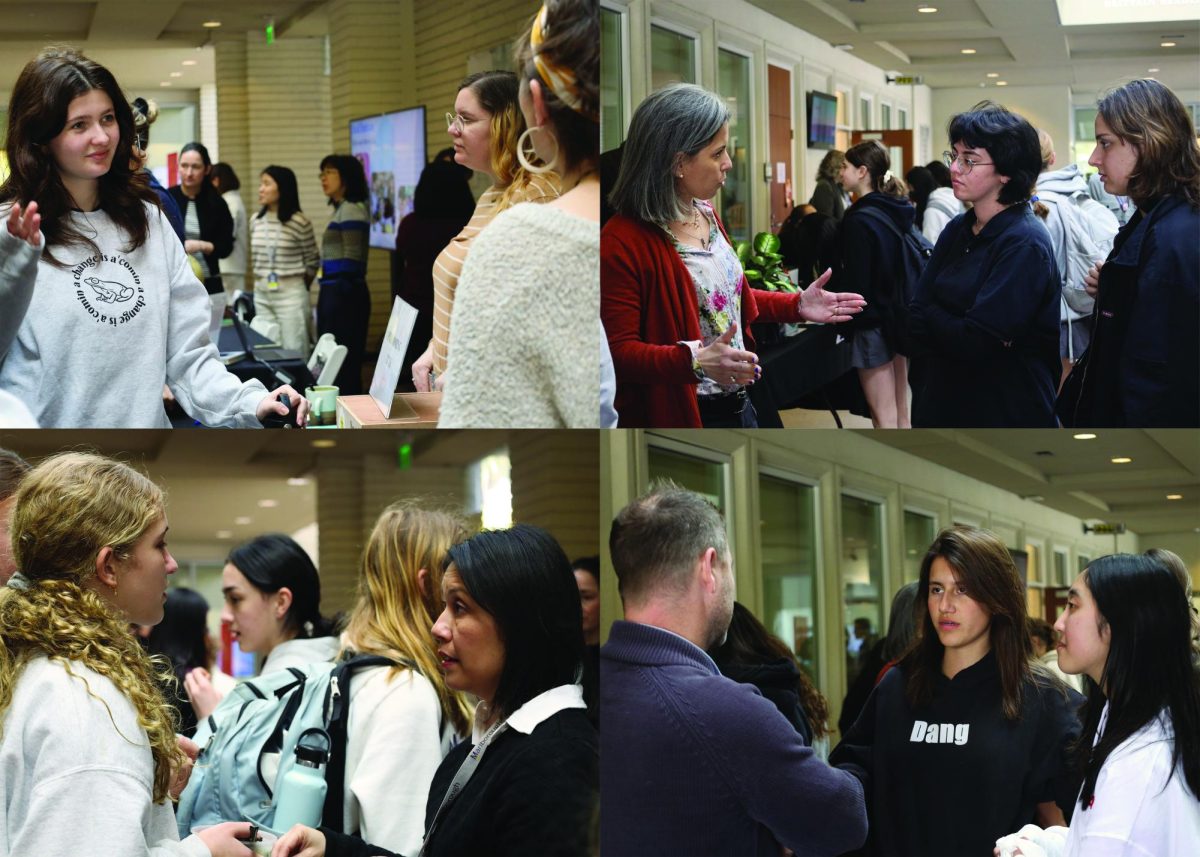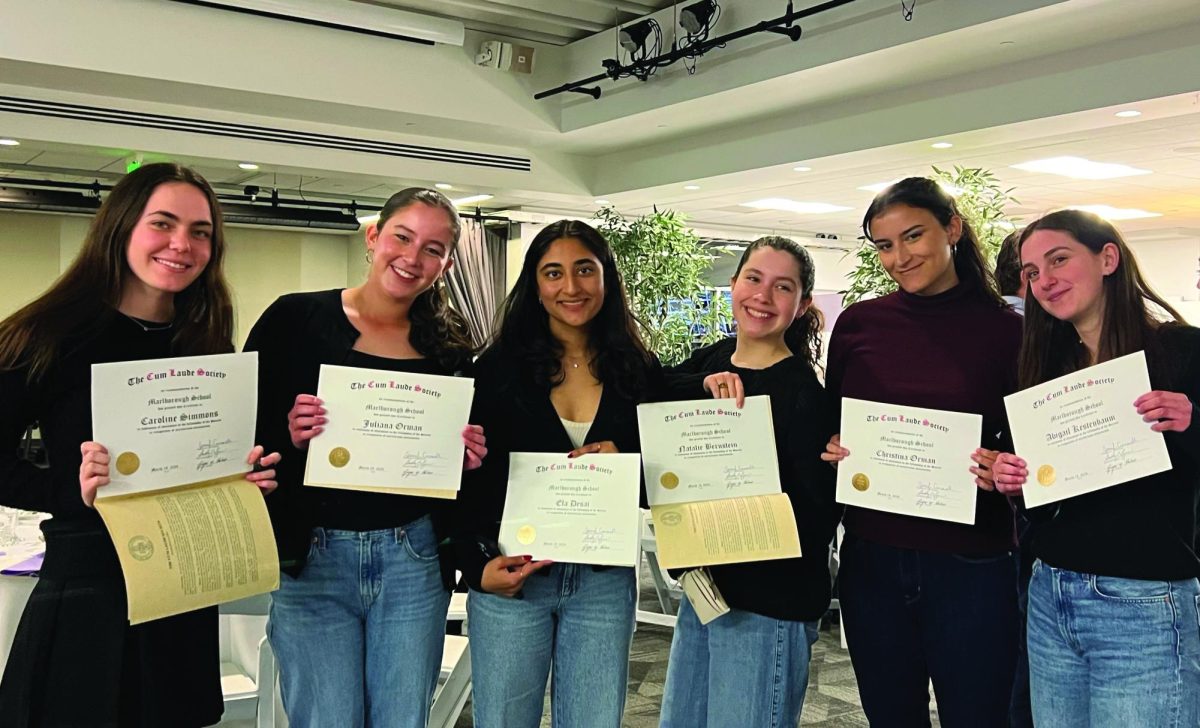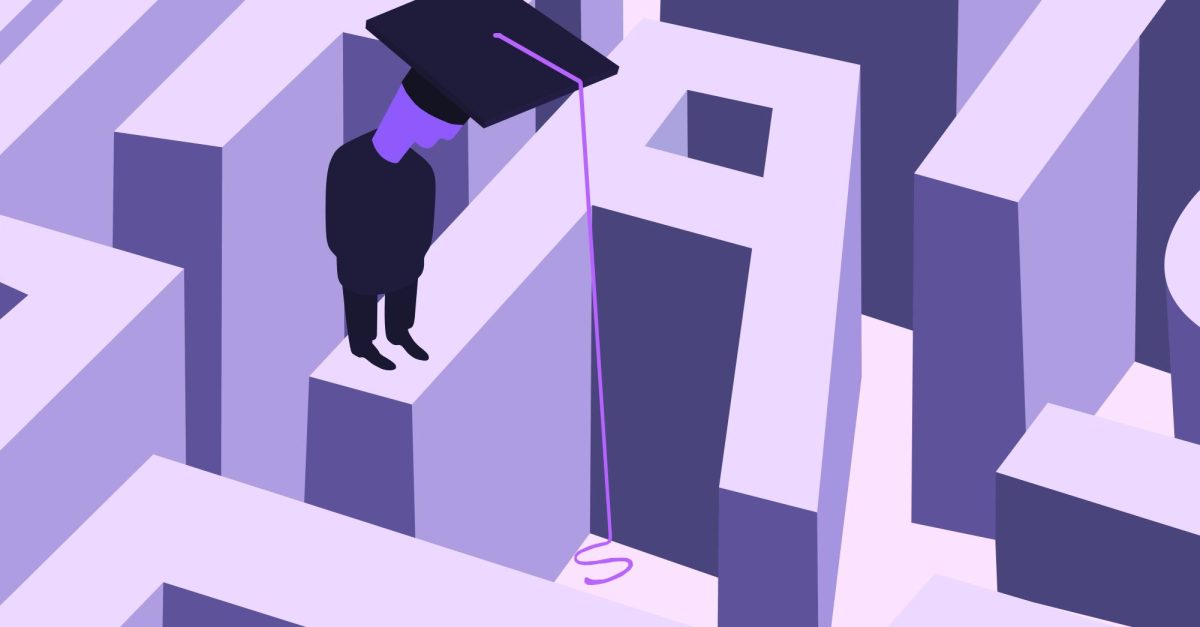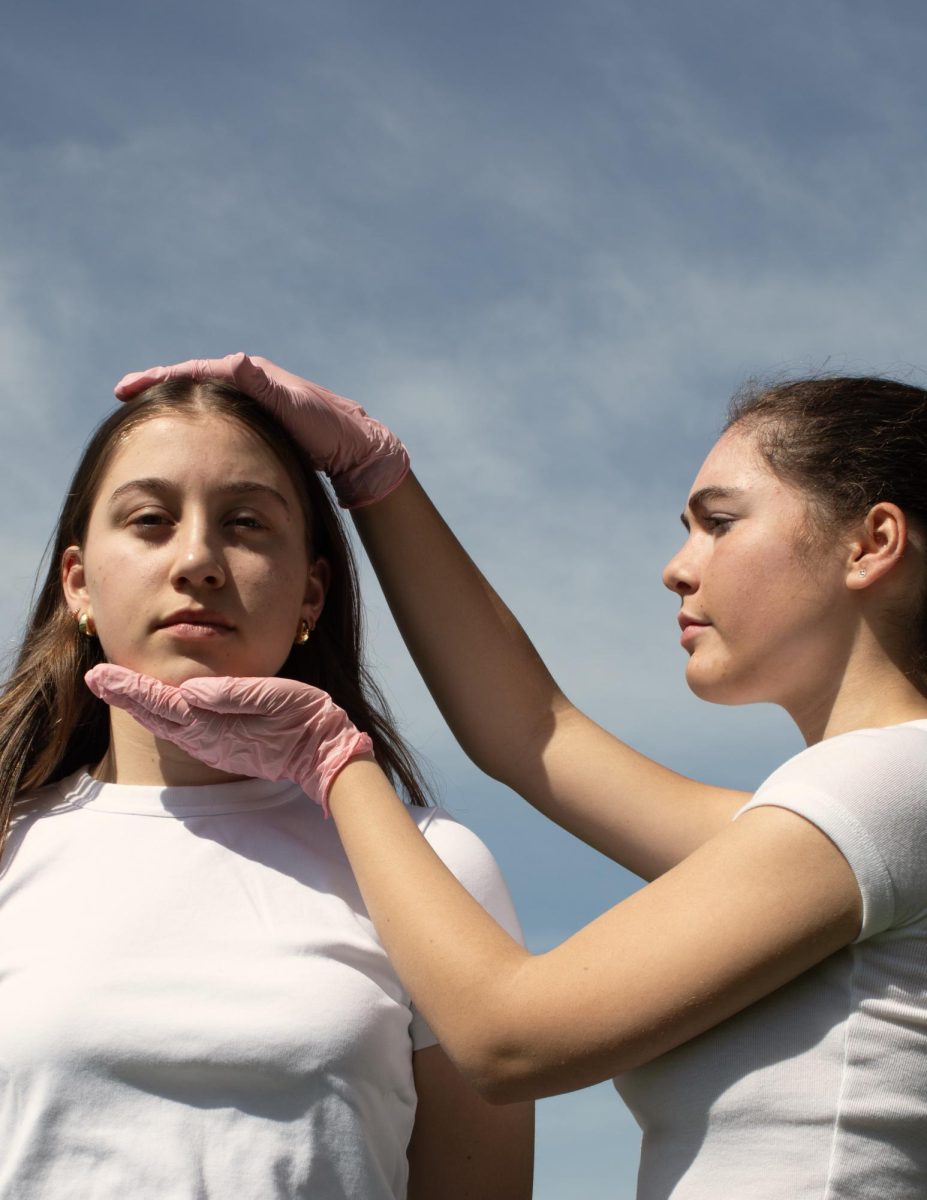
By Sophie ’13 and Remy ’14
One Saturday night last fall, two seniors, Bridgett and Jane*, were having a sleepover after a stressful week of tests, college applications and AP-level homework. Bridgett, the host, had been diagnosed with attention deficit disorder (ADD) as a sophomore and prescribed Adderall to combat the symptoms. She turned to Jane, asking what they should do for the evening. Jane shrugged.
A few minutes later, Bridgett took a 30-milligram tablet of Adderall off of her bathroom counter and crushed the tiny orange pill with the back of a spoon.
“Let’s snort half each,” Bridgett exclaimed. “I wanna get high.”
In recent years, there has been a spike in the use of unauthorized prescription stimulant medications, such as Adderall and Ritalin, both at Marlborough and at schools across the country. According to an Aug. 25, 2009 report from CBS News, from 1995 to 2005 ADHD drug abuse rose 76 percent among teens aged 13 to 19 in the U.S.
To get alcohol, you need to be 21. To get cocaine, you need interact with a drug dealer. But at Marlborough, pills are easily attainable, usually for a few bucks or as a favor from a friend or relative with a prescription. Girls snort ADHD prescription medications on the weekends to get high and swallow pills on weeknights to increase their powers of concentration and study late into the night. And yet teachers and administrators at the School remain mostly unaware of these abuses, raising the question: how can you stop a problem that no one can see?
EASY ACCESS?
Attention Deficit Hyperactivity Disorder (ADHD) and Attention Deficit Disorder (ADD) are the most common childhood developmental disorders in the US, affecting between 8% and 10% of school-aged children and adolescents. Out of the 530 girls who attend Marlborough, approximately ten to 20 girls in each grade have been diagnosed with the disorder and are eligible for accommodations such as extra time on tests, according to Assistant Head of School and Director of Upper School Laura Hotchkiss.
Ritalin and Adderall are commonly prescribed to affected adolescents because these drugs, like cocaine and ecstasy, slowly increase levels of the neurotransmitter dopamine, which is linked to cognitive functions such as mood, learning, and attention, according to science instructor Elizabeth Ashforth.
Over the last ten years, though, some say that ADHD has been overdiagnosed and medications overprescribed.
“In many cases, ADHD drugs have been given as a “quick fix” or rather, as a hastily-contrived remedy, in the hopes of alleviating problems with hyperactivity, distractibility, and insomnia,” physical education instructor Tinka Brown said.
Miles-to-Go Drug Prevention Educator Kelly Townsend, who also has ADHD, said that students may get their hands on these drugs through a new phenomenon known as “doctor shopping.”
“[Students] go from doctor to doctor, pretending like they’re new patients every time, to get more prescriptions, which is very dangerous,” Townsend said. “Sharing of drugs is one of the biggest problems we are having right now.”
Bridgett said that the most common way to access ADHD drugs is through a friend or relative, at little or no cost.
“You can ask and get some Adderall or Ritalin quickly if you want,” Bridgett said. ”It is definitely out there to use.”
On occasion, prescriptions are obtained by teens who don’t truly need them and pass on the drugs to friends, sometimes in exchange for cash. Sky, a former Marlborough student, said that while she was a student here she sold her prescription Adderall to classmates at three to four dollars a pill.
“I was being prescribed these pills since 3rd Grade but hated them because they made me feel like a zombie,” Sky said. “So I sold them to pay for weed. My parents never noticed the missing pills, though.”
According to School Counselor Emily Vaughn, such inconspicuous transactions depend not only on easy access to the drugs but also on economic status.
“I think people at private schools like Marlborough can get more access to prescription drugs than street drugs,” Vaughn said. “In a sense, the transfer of ADHD pills depends on one’s socioeconomic status.”
Sky agreed with Vaughn and said that prescription pills are easily attainable at private schools.
“Parents can afford to see all of these specialists to get their kids diagnosed, and when they are diagnosed, [parents] want to drug their kids to make them perfect,” she said.
Although the School has yet to take disciplinary actions against any student for prescription drug abuse, Hotchkiss said that if a student were to be found guilty of selling ADHD medications, both the seller and the buyer would suffer expulsion. Hotchkiss also said that the Administration would consider conducting a locker search for illegal drugs, if necessary.
“Other schools can search backpacks and lockers at their discretion, and while that has not been our practice, I certainly feel that if there was a need for that as a health or safety issue, we could choose to do that,” she said.
PILL PARTY
Despite the selling, snorting, stealing and partying often associated with these drugs, administrators and educators at the School remain largely unaware of students’ recreational use of ADHD pharmaceuticals.
Upper School student Jordan, who was diagnosed with ADHD three years ago, said that many of her friends take the drugs for entertainment.
“Half of my friends are ADHD diagnosed, and the other half use ADHD meds anyways for fun,” she said.
Students discuss substance abuse at School in a unit of 9th Grade Health as well as during an annual lecture to the 8th Grade from the Miles-to-Go Drug Education Program.Annie ’15, who was part of the most recent group of students to participate in Miles-to-Go, said that she was disappointed that the speaker barely spoke about prescription pill abuse.
“We’re all exposed to pills every day, whereas we’re not going to find marijuana lying around Marlborough,” Annie said. “Information about pill abuse would’ve been more useful.”
Brown, who teaches four sections of 9th Grade Health, said that in her 29 years at the School, no student has openly discussed experiences of prescription drug misuse with her.
“During class, I have [only] had students inquire about [ADHD drugs] in the form of a hypothetical question, as if they were concerned about friends or relatives,” Brown said.
Vaughn also said she was unaware of any cases in which a student abused ADHD drugs, though she recognized the fact that some girls may use the pills to get high.
“Amphetamines are really addictive, but some people just like the feeling and want to get numb,” Vaughn said. “This makes me sad.”
Townsend said that from her experience lecturing on drug abuse at private schools throughout California, she has come to realize how difficult it is to monitor students’ substance abuse.
Sky also said that girls at the School make an effort to conceal their recreational use of prescription pills.
“I think that Marlborough has less drugs than other schools, but what drug use it does have is really well hidden,” she said.
Even though the specifics of how students spend their weekends remain obscure to most adults on campus, the consequences of this drug use has permeated Marlborough. For example, Upper School student Miranda said that the drugs have interfered with her friendships. Miranda explained that her friends often perceive her decision to not take the drugs as a judgement and even a betrayal.
“Some of my closest friends are [taking ADHD medications] to get high, and I don’t agree with it,” Miranda said. “I tell them I disapprove, but usually, I just don’t wanna be around them when it is happening. I’m afraid of losing them.”
THERE’S NO “A” IN DRUGS
Many students say that ADHD medications are being taken not only to get high but also to improve academic performance. Adolescents with ADHD often struggle in School due to poor concentration, so the help provided by prescription drugs can level the playing field between a girl with ADHD and her classmates. However, students who aren’t diagnosed receive a similar jump in focus from the pills, turning the student into a “super-worker.”
Sky said that when she attended Marlborough, she would use drugs to help her study late into the night.
“I was up for hours after I took 60 mg [of Adderall],” she said. “I got so much work done!”
Vaughn said that she is aware of the academic incentives associated with Adderall and Ritalin, but she said that the perceived benefits of the drugs outweigh the harsh consequences.
“Even if you use [the medication] as a study aid, there’s ultimately no benefit: judgement time is impaired and reaction time is impaired,” she said.
Hotchkiss said that the high-intensity environment at Marlborough might contribute to this drug abuse.
“It takes an immense amount of maturity to not compare yourself and your grades to your classmates or siblings,” Hotchkiss said. In order to prevent and manage student stress, Hotchkiss said that she aids girls throughout the course selection process. “I sit down with almost every 10th Grade student and make meetings with every 10th Grade parent, asking them how their daughters are managing their current workloads and how they plan to manage their proposed, heavy schedule,” she said. “Moreover, I ask girls if they are happy.”
Vaughn said that despite the administration’s efforts to dissuade girls from taking AP and Honors courses that they can’t handle, girls still feel pressured to excel.“It’s hard for Marlborough girls to expect less than an ‘A,’” Vaughn said. “The expectation that you always have to do well, no matter what, is really hard. Girls are afraid to disappoint their teachers, parents and themselves.” Students who aren’t diagnosed with ADHD say that they feel compelled to take medication in order to enhance their academic performance. According to Miranda, most of her friends abuse Adderall and Ritalin in the hopes of improving their grade point averages.
“[Their use of the medication] increases when there is more stress at School. That really makes me angry, because I believe that they will learn more and feel successful if they don’t take short-cuts,” Miranda said. “In other words, I think they should instead work hard in order to get the results that they want.”
*All sources’ names have been changed



















Marlborough Student • Apr 22, 2012 at 3:05 am
This article is mostly very factual and accurate. However, I disagree with the assumption that drugs such as Adderall are increasingly commonly used for recreational purposes. Actually, Adderall is being used most often not for recreation, but rather by students for studying and boosting concentration and focus. Students not diagnosed with ADD/ADHD and not prescribed Adderall often obtains from friends to be extremely efficient and concentrated in order to finish a paper faster or read a book faster, for example. Secondly, students without ADD/ADHD can feel an extreme amount of pressure to get their GPA up or participate in demanding extra curricular activities and therefore feel the need to take a drug like Adderall or Ritalin. They want to be able to get through hours of work in less time or cram for a final just a few days before. Lastly, I think the School should be more interested in and active in trying trying to prevent the abuse of ADD/ADHD drugs for academic purposes, which is far more prevalent, than the abuse of these drugs for recreation.
J. S. • Mar 29, 2012 at 5:46 am
Well, that is a very hard problem to solve. As I understand, the access to that kind of drug is easy especially if you happen to know someone with ADD/ADHD. The challenge now is how to stop it. I think that this challenge is very hard o face but if we have a problem there is always a solution.